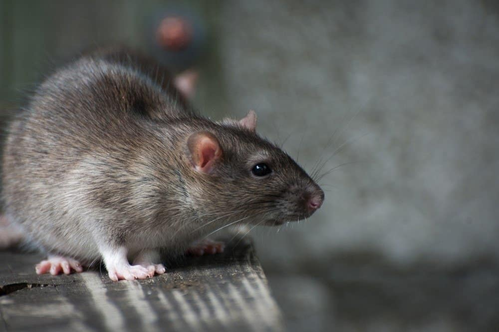Arunachal bans making, sale, use of glue traps to catch rodents

Itanagar, Sep 1 : After 16 states in the country, the Arunachal Pradesh government has also prohibited the manufacture, sale, and use of glue traps to catch rodents, an official said on Friday.
Following an appeal from the People for the Ethical Treatment of Animals (PETA) India, the Department of Animal Husbandry, Veterinary and Dairy Development of the state government has issued a notification, echoing advisories circulated by the Animal Welfare Board of India (AWBI), issuing a state-wide prohibition of the manufacture, sale, and use of glue traps to catch rodents.
PETA India advocacy officer Farhat Ul Ain said that the organisation applauds the Arunachal Pradesh government for taking steps to protect animals, no matter how small, and for sparing them hideously slow and painful deaths.
“Glue traps are ineffective in the long term since they don’t deal with the root of the problem. Simply put, more rats and mice move in, as their breeding is prompted by a brief increase in the food supply. The result is a vicious killing cycle in which many animals suffer and die,” Ain said.
In its appeal, PETA India requested that the state take immediate steps to implement the AWBI’s directions against glue traps.
According to PETA, similar prohibition was already done by Andhra Pradesh, Chhattisgarh, Goa, Himachal Pradesh, Jammu and Kashmir, Karnataka, Ladakh, Lakshadweep, Madhya Pradesh, Meghalaya, Mizoram, Sikkim, Tamil Nadu, Telangana, Uttarakhand, and West Bengal governments.
The use of glue traps is a punishable offence under Section 11 of the PCA Act, 1960, the PETA said, adding that usually made of plastic trays or sheets of cardboard covered with strong glue, glue traps are indiscriminate killers, often catching non-target animals, including birds, squirrels, reptiles, and frogs.
This makes their use also a violation of the Wild Life (Protection) Act, 1972, which prohibits the “hunting” of protected indigenous species.
Mice, rats, and other animals caught in these traps can die of hunger, dehydration, or exposure after days of prolonged suffering.
Others may suffocate when their noses and mouths become stuck in the glue, while some even chew through their legs in a desperate bid for freedom and die from blood loss.
Those found alive may be thrown away along with the trap or face an even more traumatic death, such as bludgeoning or drowning.
PETA India suggests that the best way to control rodent population is to make the area unattractive or inaccessible to them, eliminate food sources by keeping surfaces and floors clean and storing food in chew-proof containers, sealing trash cans, and using ammonia-soaked cotton balls or rags to drive rodents away (they hate the smell).






